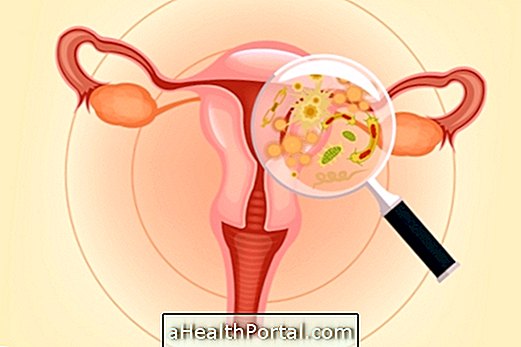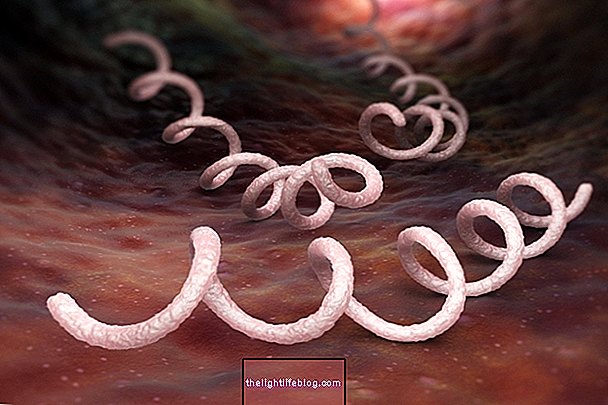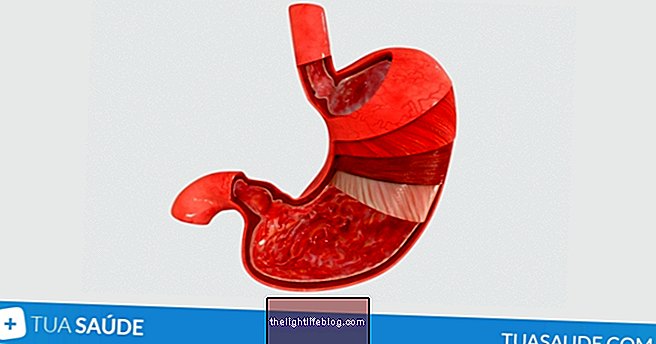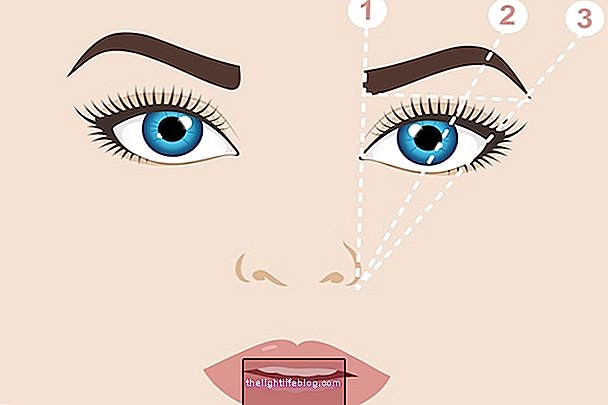Which is:
Vaginismus is a disease in which the body does not allow vaginal penetration, during intimate contact, or other objects such as the internal absorbent or the vaginal speculum that the gynecologist uses to perform the examination of the vagina.
This change can occur at any stage of a woman's active sex life, and may have physical or psychological causes that cause an involuntary contraction of the lower vaginal muscles, specifically the pubococcygeus, preventing the opening of the vagina.
There are two types of vaginismus, primary and secondary; in primary vaginismus, women can never penetrate or perform gynecological examinations or use internal absorbents, and in the case of secondary vaginismus, this disorder occurs due to traumatic events such as sexual abuse, childbirth, surgery or menopause.

How to identify vaginismus
The symptoms of classical vaginismus include difficulty with penetration or impossibility of penetration, but other symptoms that may be present are frequent pain during intimate contact, contraction or vaginal burning and discomfort during gynecological examinations, or insertion of internal absorbents.
Vaginismus can be diagnosed by the general practitioner or gynecologist.
What causes vaginismus
Vaginismus can be caused due to the memory of painful intercourse in the past, fear of becoming pregnant or being controlled by man, and its symptoms may be of varying degrees and so not all women feel exactly the same. Other causes of vaginismus include:
- Fear of pain, fear of becoming pregnant;
- Anxiety and stress;
- Sexual abuse or witnessing of sexual abuse;
- Unbalanced religious education;
- Diseases such as urinary tract infection, endometriosis, pelvic tumors;
- Trauma related to childbirth;
- Discomfort in relation to intimate contact;
- After menopause due to genital atrophy;
- Hard hymen;
- Vaginal septum;
- Hemorrhoids;
- Vaginal caruncles;
It is important to clarify that the contraction of the muscles of the vagina is involuntary and the woman is not responsible for this contraction, bringing dissatisfaction also to her.
What to do if you have difficulty penetrating
If a woman experiences difficulty during penetration, it is important to seek medical help because there are several strategies that can help solve the problem and make it possible for a healthy and pleasurable sex life. Making an appointment with a gynecologist is the first attitude you should have because you need to investigate if there are any diseases that are causing this difficulty.
When it is clear that the causes are psychological, it is paramount to carry out treatment with a psychologist or psychiatrist to deal with the emotions and heal traumas if necessary. It is important that the partner is also evaluated by the doctor because situations like sexual impotence and premature ejaculation also favor vaginismus, and can be solved.
Treatment for vaginismus
Treatment for vaginismus should include the use of anti-anxiety drugs, ointment anesthetics, and the use of vaginal vasodilators.
It can also be done with the use of vaginal dilation techniques in association with Kegel exercises, which are exercises that work the female intimate region to allow penetration. Initially the woman should be instructed to know her inner anatomy and how to perform the kegel exercises, and thus achieve the penetration of small objects such as a swab, for example.
The treatment of vaginismus should be guided by a gynecologist and the help of a physiotherapist specialized in women's health contributes to better results. Psychological counseling with cognitive and behavioral psychotherapy techniques can facilitate, accelerate the process and reduce anxiety and so is also indicated.





















